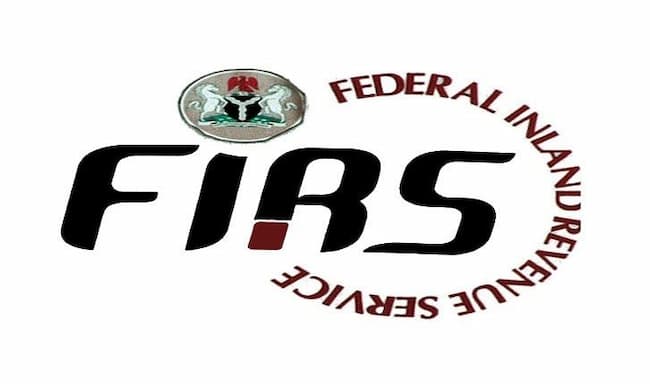A number of Civil Society Organisations (CSOs) have kicked against the move by the Federal Government to impose taxes on social media platforms and online businesses.
The groups include Civil Society Legislative Advocacy Centre (CISLAC), Women Advocates Research and Documentation Centre (WARDC), and Centre for Public Accountability (CPA).
The Executive Director, CISLAC, Auwal Rafsanjani, advised to government not to include online small businesses in its tax net as they were still struggling.
He said, “There are many avenues which the FIRS can explore in order to generate income.
“The agency should not impose an additional burden on young Nigerians who are just struggling to survive and making use of social media to transact their businesses.
“The FIRS should concentrate on taxing the companies that are making profits from adverts and not individuals that subscribe to those social media platforms.
“Individuals who subscribe to those platforms and showcasing their businesses there should not be taxed. The tax should be on corporate entities that are making profits.”
Also, The Director of WARDC, Dr Abiola Akiyode-Afolabi, described the move as another plot to shut the social media against the people and exploit them.
“This is another attempt to shut down the space against the people. This attempt should be resisted; the government should focus on providing good governance for her people, not targeting people for more hardship and exploitation,” Akiyode-Afolabi, said.
READ ALSO: NCC Plans To Fine Telcos N200,000 Per Line Over Failure To Verify NIN
The Executive Director, CPA, Olufemi Lawson, however, said the paying taxes is the obligation of all businesses operating in Nigeria.
He said, “I think the FIRS must ensure that all persons, and businesses in Nigeria must pay this tax, as far as it is legally backed by the needed legislation.”
The chairman of the Federal Inland Revenue Service (FIRS), Muhammad Nami, had disclosed the tax plan during a discussion between the Senate Joint Committees working on the Medium Term Expenditure Framework (MTEF) and Fiscal Strategy Paper (FSP), and heads of revenue generating agencies.
Nami said, “You are aware of the issues of the digital economy and the challenges of policing the digital taxpayers like Twitter and Facebook.
“So, we are going to come up with the rules and provisions that the National Assembly will passionately look at and approve for us so as to bring them to the tax net. We want to see a way of taxing online activities and businesses.”













